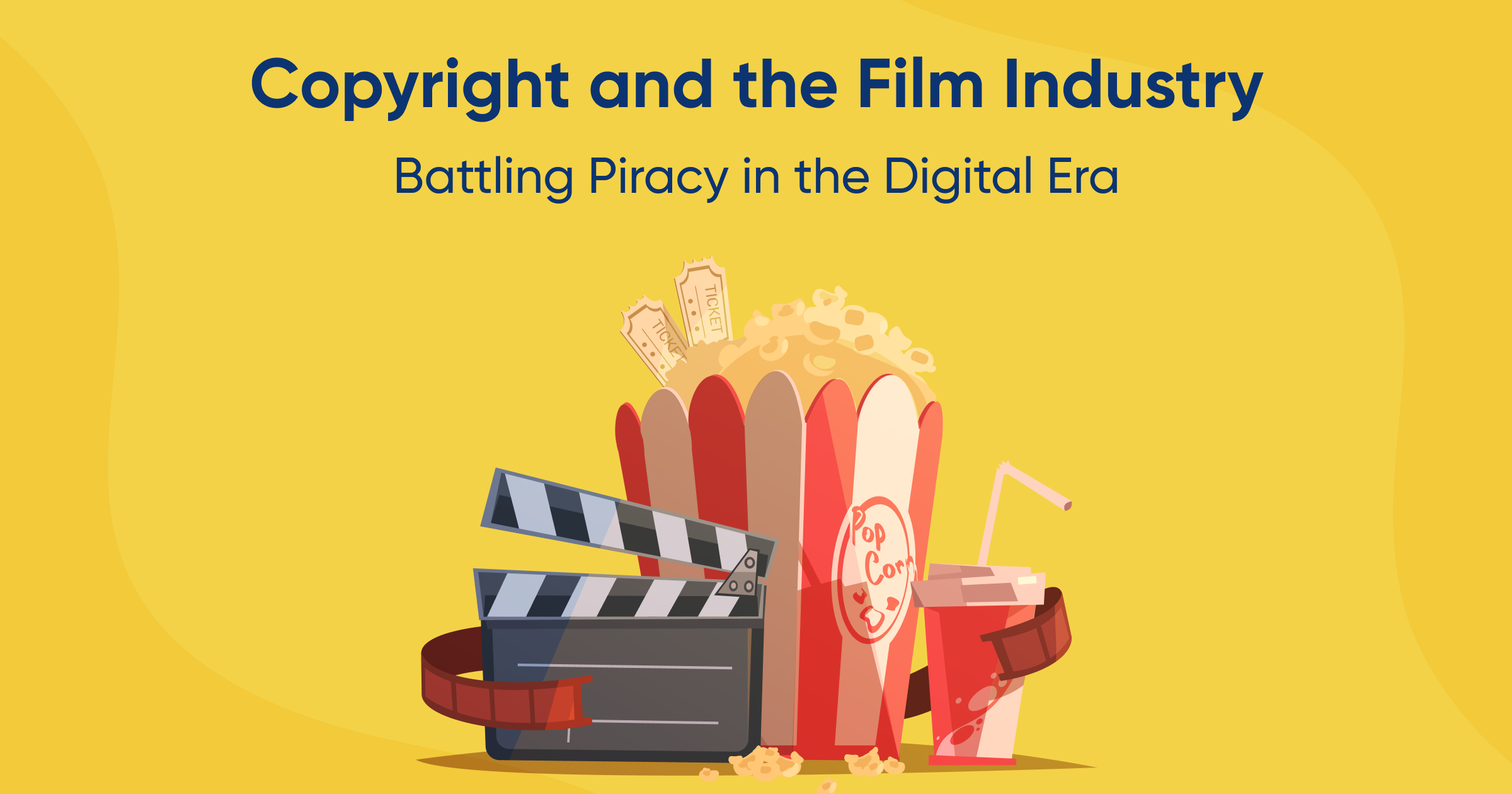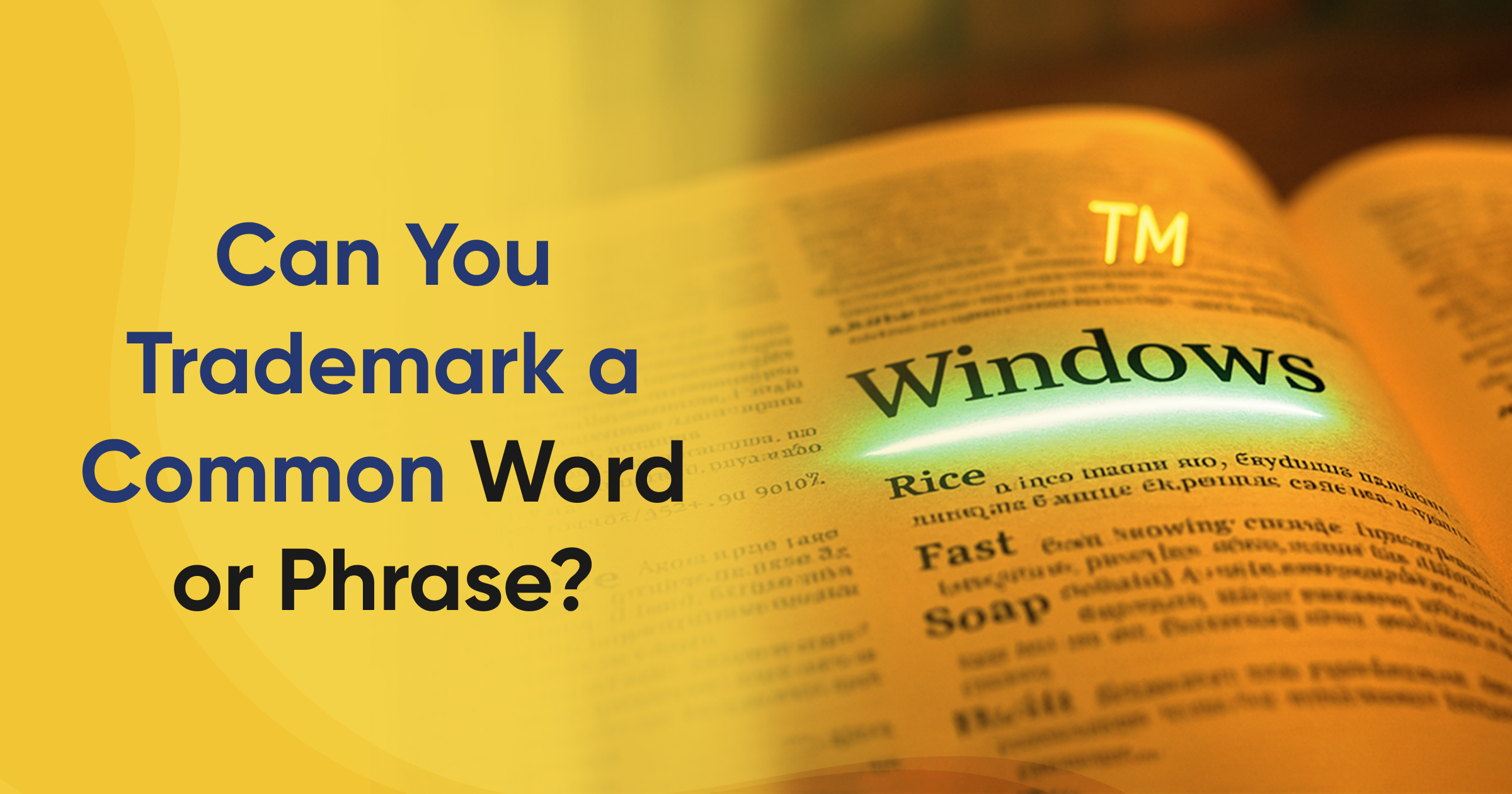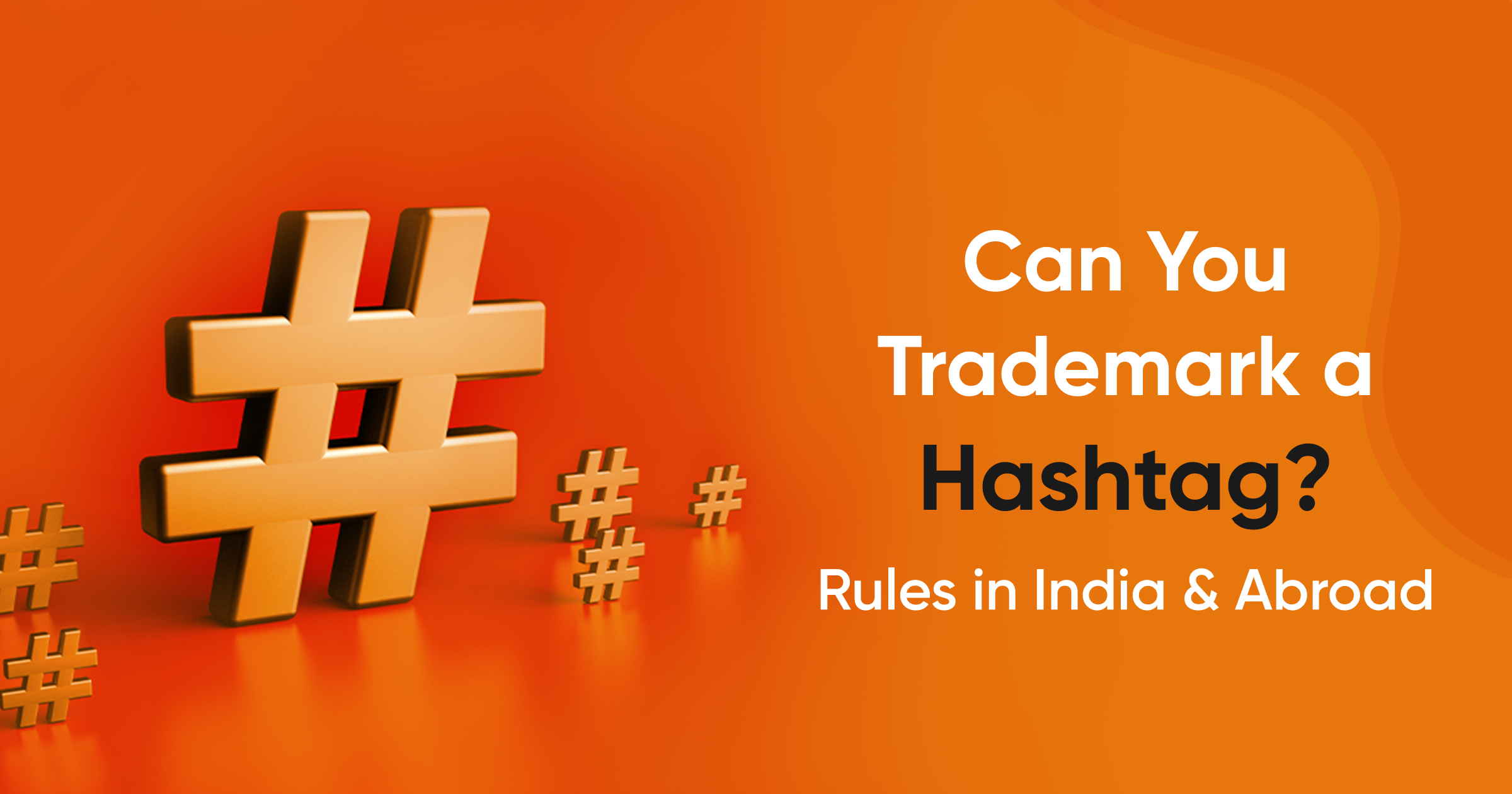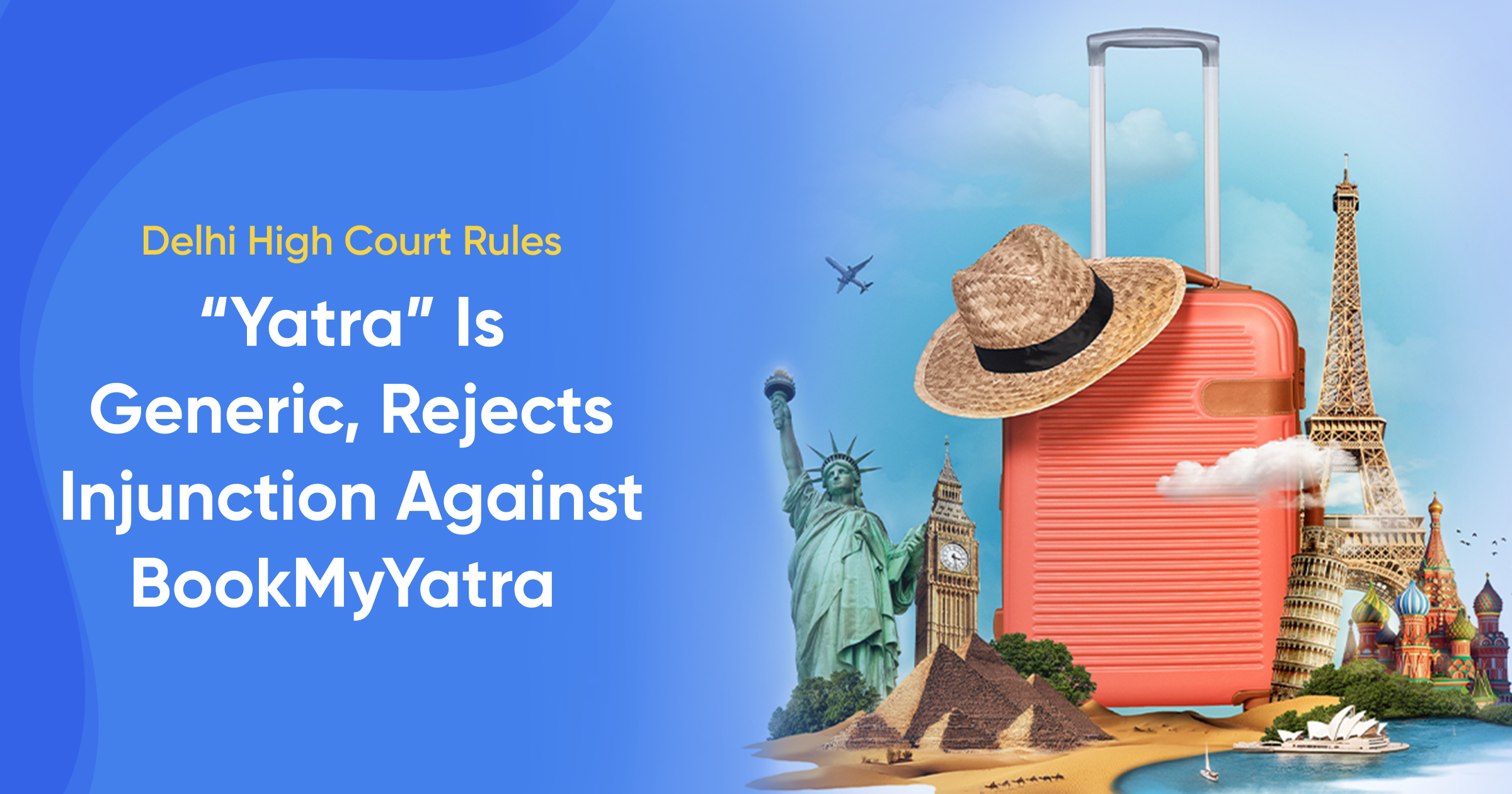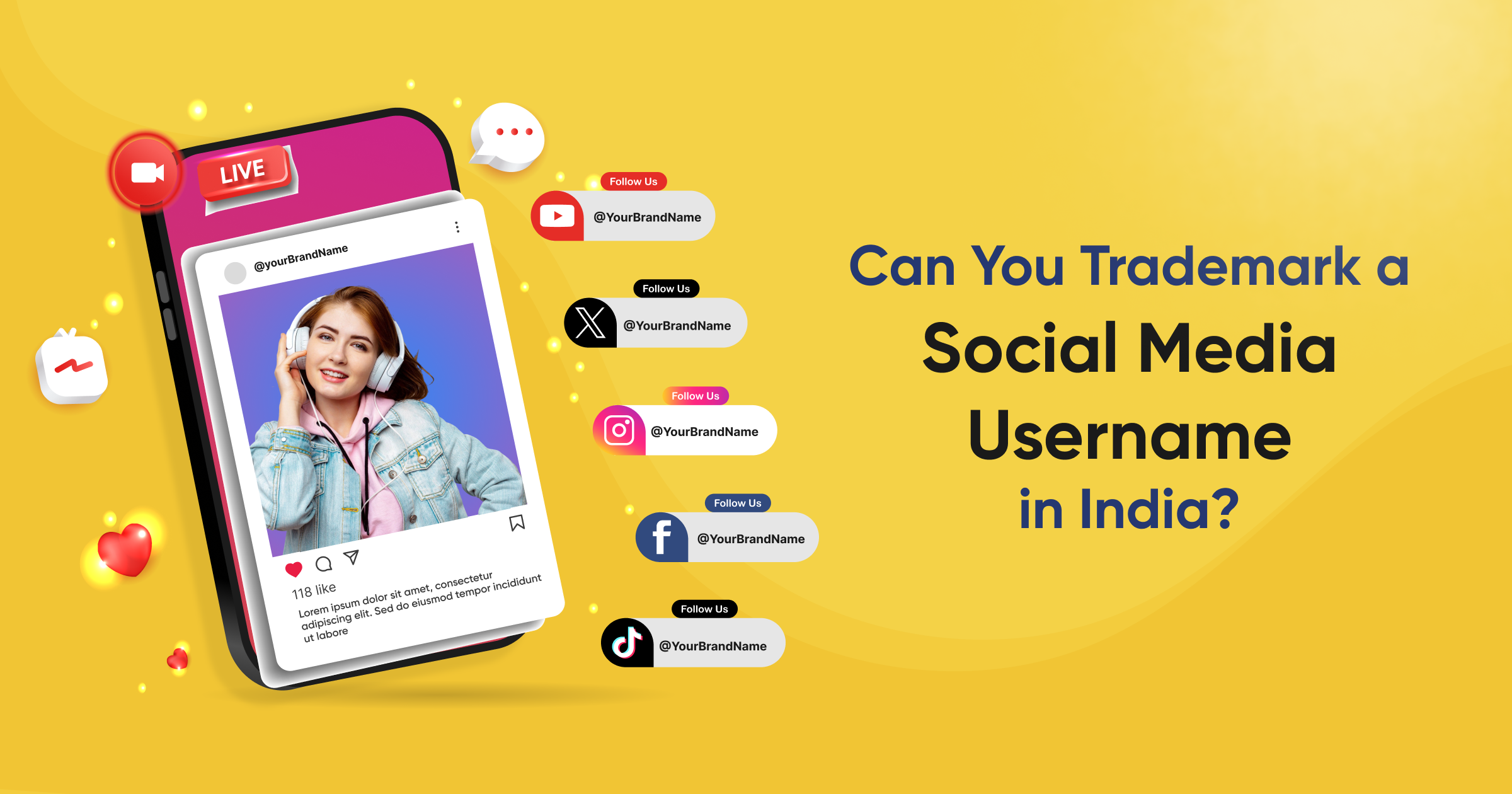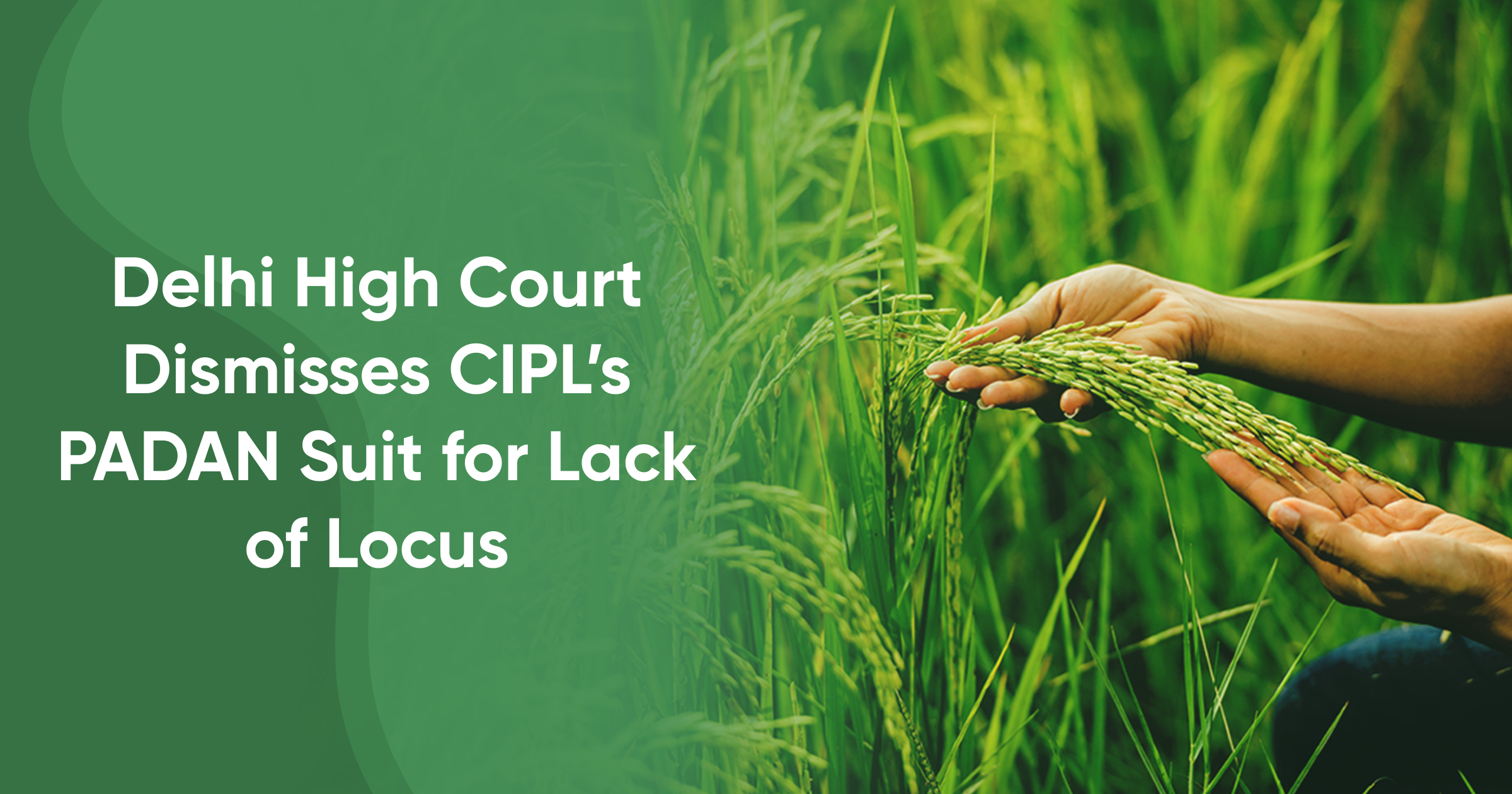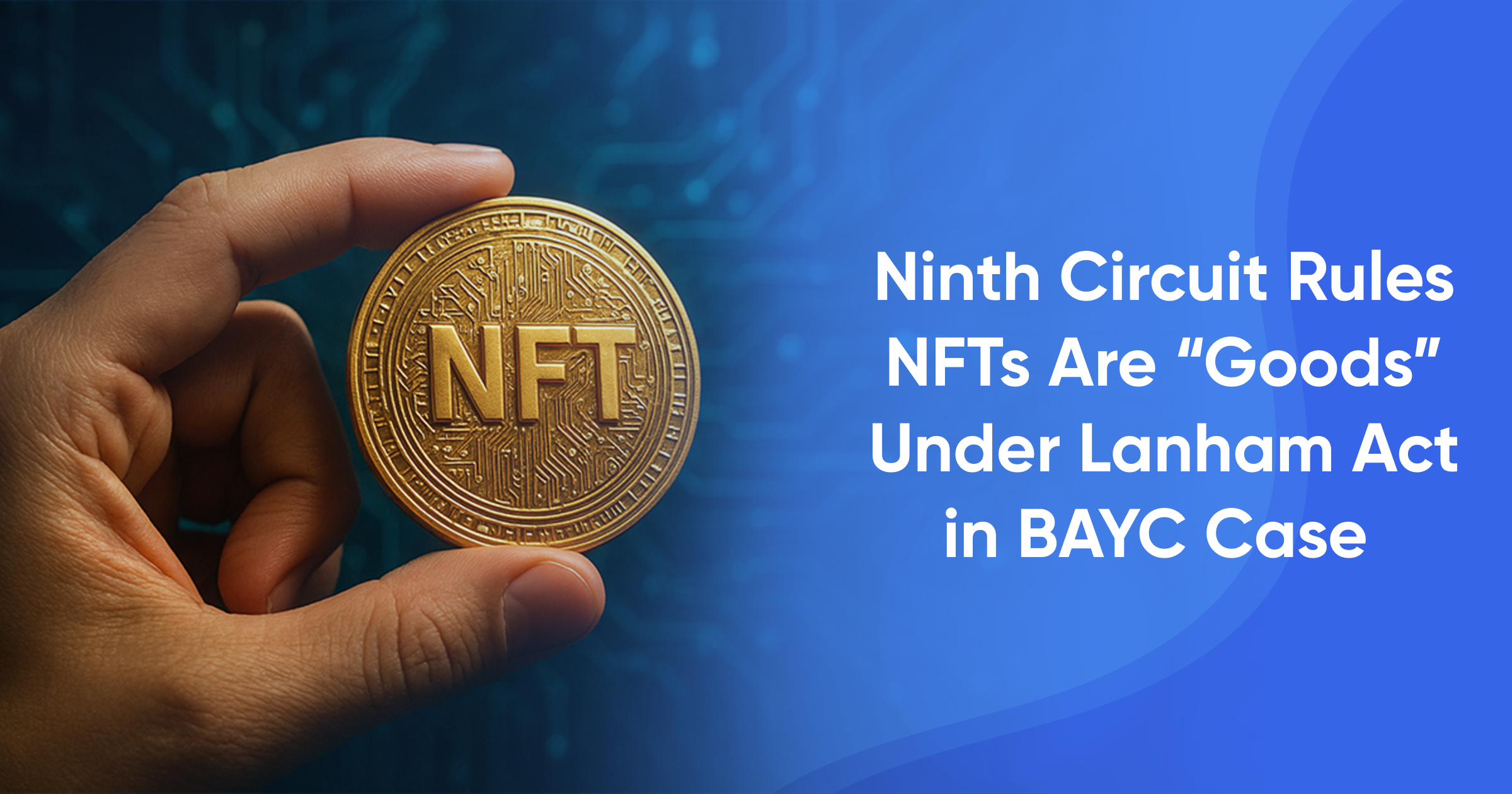Introduction
In today’s digital-first world, the need for copyright protection among creators has become more vital than ever. From artwork and music to blogs and social media content, digital creators pour their talent into unique creations that are constantly at risk of unauthorized use or theft. For Indian creators, understanding copyright laws is crucial not only for safeguarding their work but also for monetizing and maintaining control over it.
What is Copyright?
Copyright is a form of intellectual property (IP) protection that grants creators the exclusive right to use, distribute, and modify their original work. This right is particularly valuable for digital creators whose content is often shared widely online. Copyright laws ensure that creators have legal authority over their work and that anyone wishing to use it must seek permission or face penalties.
In India, copyright protection is governed by the Copyright Act of 1957, which has evolved to encompass various forms of digital content over the years. Under the Act, copyright provides creators with moral and economic rights, including reproduction, adaptation, and public communication.
Why Copyright is Important for Digital Creators
- Prevents Unauthorized Use: Copyright deters others from using your work without consent.
- Offers Economic Benefits: Digital creators can earn by licensing their work.
- Increases Value of Content: Ownership enhances the worth of your creations, as they are recognized assets.
- Ensures Moral Rights: Copyright law acknowledges the creator’s name, preventing unauthorized modifications.
Types of Copyrightable Work for Digital Creators
Many digital creations are eligible for copyright protection, including:
- Original Artwork: Illustrations, paintings, and digital art.
- Music and Sound: Compositions, songs, and sound recordings.
- Videos: YouTube videos, online tutorials, and animations.
- Written Content: Blogs, articles, e-books, and poetry.
- Software and Code: Apps, programs, and coding scripts.
How to Register for Copyright in India
Copyright registration in India is a straightforward process, providing official recognition and legal proof of ownership that strengthens your case in the event of infringement.
- Complete the Application: With the help of Trademarkia, you can easily complete the necessary copyright application form, specifying details about your work, the creator, and the category it falls under.
- Pay the Registration Fee: Trademarkia will guide you through the process of paying the applicable registration fee, which varies based on the type of work.
- Undergo Application Review: Trademarkia will submit your application for review, handling any necessary follow-ups to ensure compliance and accuracy.
- Receive Your Registration Certificate: Upon approval, you will receive an official copyright certificate, solidifying your ownership rights and providing you with legal documentation for future protection.
Copyright vs. Other Forms of IP Protection
It’s common for digital creators to confuse copyright with other forms of IP protection. Here’s a quick comparison:
- Trademark: Protects brand names, logos, and slogans used in commerce.
- Patent: Safeguards inventions or new processes.
- Design Protection: Shields the visual design aspects of products.
Copyright, specifically, covers the expression of ideas in tangible forms rather than abstract ideas.
Copyright Infringement: What Constitutes Unauthorized Use?
Copyright infringement occurs when someone uses a creator’s work without permission. Common forms of infringement include:
- Reproduction: Copying the creator’s work, such as reposting images on social media.
- Adaptation: Altering the work to create something new without permission.
- Public Display: Using content in public forums or events without authorization.
Steps to Take if Your Work is Infringed
- Document the Infringement: Take screenshots, collect URLs, and save any evidence showing how your work has been used without permission.
- Send a Cease-and-Desist Letter: Politely ask the infringer to remove or stop using your work.
- Consider DMCA Takedown Notices: If the infringement happens online, you can file a Digital Millennium Copyright Act (DMCA) takedown notice with the help of trademarkia.
- Seek Legal Advice: Consult with Trademarkia’s Legal experts to explore further actions if the infringement continues.
Common Myths About Copyright Protection for Digital Creators
- “I don’t need to register my work; it’s protected automatically.” While copyright technically applies the moment your work is created, registration provides proof of ownership, making enforcement easier.
- “Fair use allows me to use others’ content freely.” Fair use is a limited exception and typically applies to cases like reviews or educational purposes. Commercial use without permission is likely infringement.
- “Only established artists need copyright.” All creators, regardless of fame or reach, can benefit from copyright protection.
How Digital Creators Can Protect Their Content Online
- Watermarking and Branding: Add watermarks or logos to your images and videos to discourage unauthorized use.
- Use Copyright Management Tools: Platforms like YouTube and Instagram offer tools to monitor and report unauthorized use of content.
- Create Licensing Agreements: Clearly outline terms of use and fees for those who wish to use your work.
- Stay Vigilant: Regularly monitor the web for misuse of your content.
Licensing Your Work: Monetizing Copyright for Digital Creators
Licensing is an excellent way for digital creators to monetize their copyrighted work. By licensing, you allow others to use your work in exchange for a fee, while you retain ownership. There are two types of licensing:
- Exclusive License: The licensee has exclusive rights, meaning you can’t license the work to anyone else.
- Non-Exclusive License: You can license the work to multiple clients, increasing your potential revenue.
Copyright in the Age of Digital and AI
AI has introduced new challenges for copyright law. For instance, AI tools often use digital content for training purposes, raising questions about ownership. While there are no specific Indian laws for AI copyright yet, this is an area of rapid development.
Digital creators must stay informed of these changes, as they could impact ownership rights, fair use policies, and even royalty structures.
Practical Tips for Digital Creators to Uphold Copyright
- Educate Yourself: Understand the scope of copyright laws in India.
- Use Metadata: Embed copyright information into digital files to make it easier to track.
- Consult Legal Experts: Seek advice from professionals to create a comprehensive IP strategy.
- Explore Digital Rights Management (DRM): DRM technology can limit how users interact with your content, adding a layer of security.
Conclusion
Copyright protection is essential for digital creators in India, as it ensures their content remains under their control and can be monetized safely. By understanding the registration process, infringement actions, and licensing options, creators can safeguard their work and focus on producing content without fear of unauthorized use.
Protecting your creative work is vital in today’s digital landscape. Trademarkia can help you navigate the process seamlessly even globally if you're unsure where to start with copyright registration. Don’t leave your creations vulnerable—secure your rights today!
